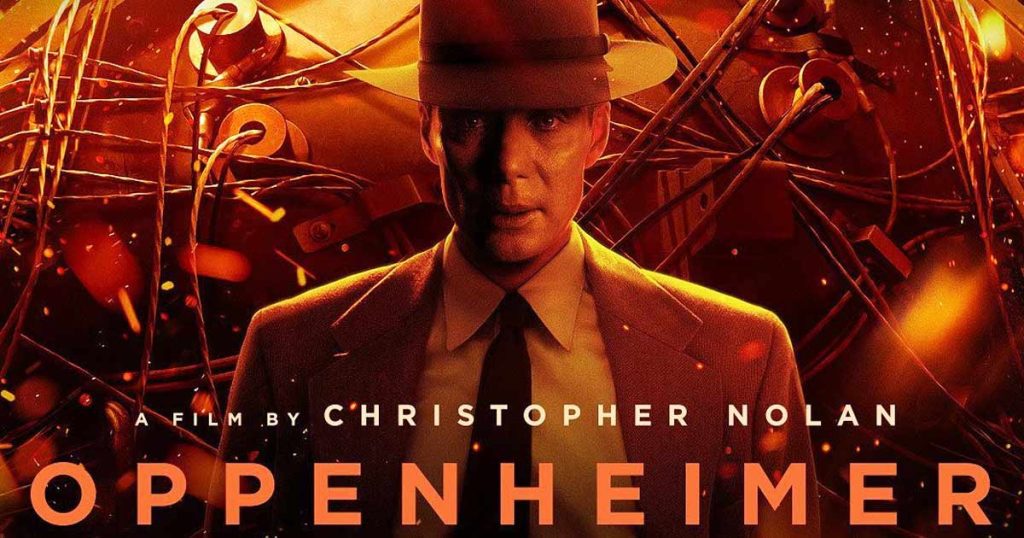If some people think Hollywood represents America, then Oppenheimer challenges that idea. The movie and its recent Oscar wins have made many people think that the United States, despite its major role in ending World War II, is not a hero.
The awards mostly recognize the making of a film about the “Father of the Atomic Bomb” biography. However, they also have a lot to do with honest storytelling that revealed political secrecy at the highest level, the idea of the Russians as a major and future enemy even when they were on the same side, and the prior knowledge and lack of sympathy for the huge number of innocent Japanese casualties.
Finally, Oppenheimer does not show America in a good light when it comes to doubts about who caused the arms race and who were the major creators of the Cold War.
In many important ways, it’s a movie against America, even though it does highlight the atomic bomb race against the Nazis a few times. Japanese viewers will find many parts of the film difficult or even impossible to watch. Germany must be thankful for a close call. Russia can use the movie in classrooms to show its students, “See? And they are blaming us for everything.”
If America is promoting peace and seriously wants to reduce the nuclear threat, this film doesn’t help. If its government wants to promote honest diplomacy, political transparency, trust among allies, and American heroes, the movie should not win Oscars, which draw more attention to the opposite of all those things.
If The Deer Hunter, which won the Oscar in the 70s, helped to depict American soldiers as victims in the Vietnam War and Argo, the best picture in 2012, fueled hatred of Iran, Oppenheimer is not promoting the United States for World War II.
But nobody expects Christopher Nolan to make a propaganda movie. He is smart, deep, metaphysical, resourceful, and seemingly truthful. While many of his creations deal with out-of-this-world scientific aspects, they are really based on facts, although some of the facts may be less known or hard to understand.
What makes Oppenheimer great is the ability to make the heart race by using a good score, mysterious dialogues, and scene editing without having to show blood, fighting, or dead bodies. The characters do not even fight physically, let alone jump into a warplane or trench.
It’s a war movie without tanks, fighters, bombers, or beach-landing operations, but it can still frighten viewers by making them imagine what could realistically happen.
It’s not just a good score or good editing. Scenes that happen quickly stay in viewers’ minds: People throwing up when they hear what the bomb has done; the main character imagining his admirers’ skins peeling off; and the vision of missiles carrying nuclear warheads streaking the sky.
In Oppenheimer, the worst parts of human behavior are consistently shown, and it ends with a huge bright light that is so intense that everyone has to close their eyes.
Many memorable quotes exist, especially about political cover-ups, underestimating the enemy's capabilities, and the danger of using science for destruction instead of salvation. One impactful quote comes near the end from Oppenheimer.
In the movie, the 'hero' asked the Albert Einstein character if he remembered their previous discussion about 'our calculations' potentially causing a chain reaction that could destroy the world.
Albert Einstein replied, 'I remember it well. What of it?'
J. Robert Oppenheimer responded, 'I believe we did.'
This reminds of a notable quote from the 1997 movie 'Contact,' where the heroine was asked by a committee what she would say to a highly advanced alien civilization if given one question.
She answered, 'I suppose it would be, how did you do it? How did you evolve and survive without destroying yourselves?'
Another strong Oppenheimer quote is just as chilling as the movie. 'Amateurs seek the sun,' said the character played by Robert Downey Jr. 'They get eaten. Power stays in the shadows.'
By Tulsathit Taptim









